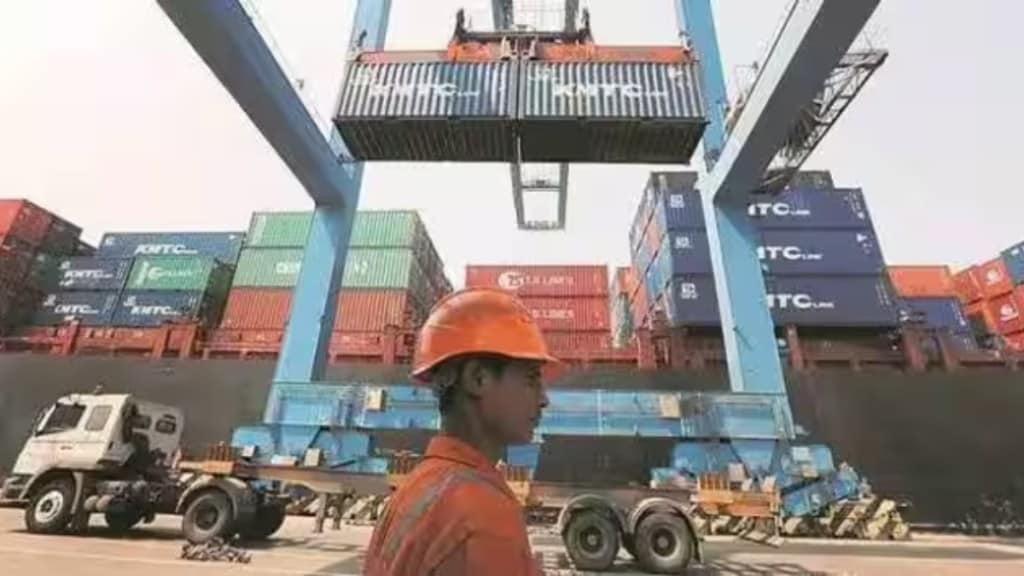The process of setting up a joint monitoring system that would keep track of steel and aluminium exports from India to the US is in its final stages. It is a prerequisite before shipments of these metals from India can enter the US market without paying additional duties, a senior official said on Friday.
“Setting up of a joint monitoring mechanism is at the final stages. It will help in monitoring exports of these products and resolve disputes if any,” the official said.
The additional duties on imports of these two metals were imposed by former President Donald Trump’s administration in 2018 under a national security law. The duties were 25% for steel and 10% on aluminium and were not limited to India. In retaliation, India had imposed extra duties on imports of apples, almonds, walnuts and some items of iron and steel.
The tit-for-tat duties led to complaints at the World Trade Organisation (WTO) by both sides. Both countries decided to end the disputes along with four others when Prime Minister Narendra Modi visited the US in June this year.
With the dispute formally over, steel and aluminium products exports from India to US would get an exemption from additional duties. Around 70% of steel exports and 80% of aluminium exports will get exemption from the tariffs.
In return, India has assured the US that it would remove retaliatory tariffs it had imposed on almonds, apples, chickpeas, lentils, walnuts, boric acid and diagnostic reagents among 21 other products.
The additional tariffs had impacted $1.21 billion worth of India’s exports of steel and aluminium to the US in the year 2018. The duty burden on exports amounted to $241 million. India’s retaliatory tariffs in June 2019 put an additional burden of $217 million on US imports of the 28 items on the list.
The US had settled a similar dispute with Canada and Mexico at the end of 2019. While steel and aluminium imports from these countries got exemption from the extra tariffs, called Section 232 tariffs, the agreement provided for aggressive monitoring and a mechanism to prevent surges in imports of steel and aluminium.
If surges in imports of specific steel and aluminium products occur, the US may re-impose Section 232 tariffs on those products. Any retaliation by Canada and Mexico would then be limited to steel and aluminium products.
The official did not confirm whether similar conditions would be put on India.
The US has a very aggressive mechanism for monitoring steel and aluminium imports to help anticipate import surges and changes in price, as well as any potential impact on the domestic industry.

